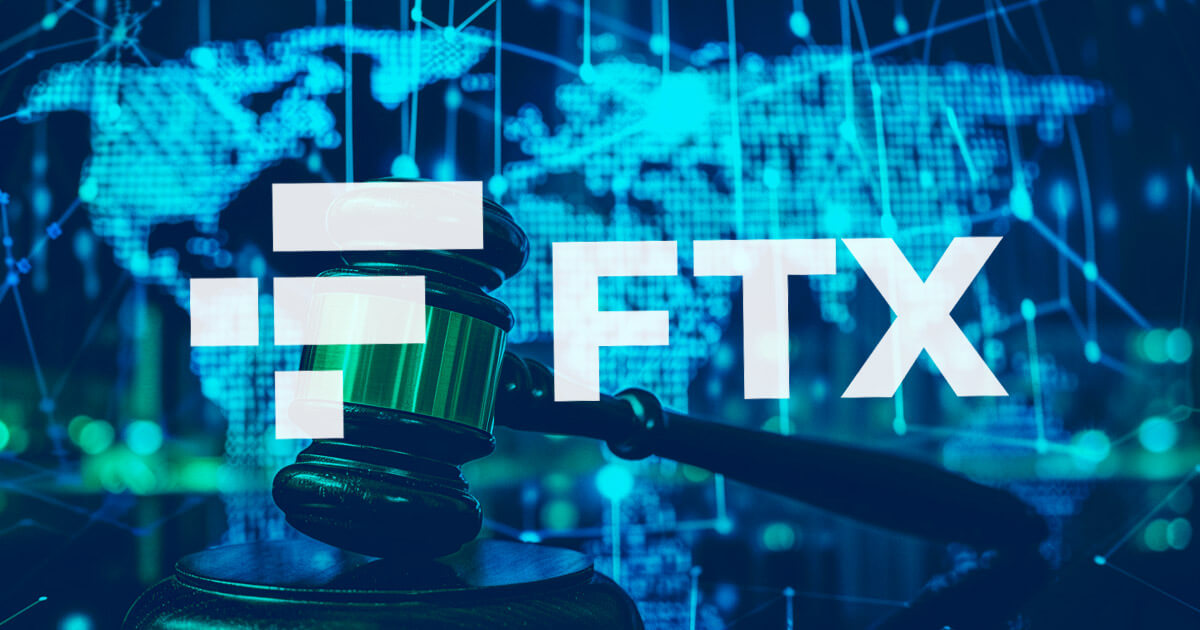Business
US authorities oppose ex-FTX exec’s motion to void plea deal
-

 Business1 week ago
Business1 week agoGameStop hints at future Bitcoin purchases following board approval
-

 Business1 week ago
Business1 week agoSEC nominee Atkins discloses at least $327M in assets ahead of confirmation hearing
-

 Business1 week ago
Business1 week agoBlackRock launches Bitcoin ETP in Europe
-

 Business1 week ago
Business1 week agoPump.fun’s new DEX reaches $1B volume a week after launch
-

 Business1 week ago
Business1 week agoBrazil’s data watchdog upholds ban on World crypto payments
-

 Business1 week ago
Business1 week agoBinance suspends staffer after internal investigation into insider trading
-

 Business1 week ago
Business1 week agoTrump’s crypto project launches stablecoin on BNB Chain, Ethereum
-

 Business2 days ago
Business2 days agoCircle files for Initial Public Offering planned for April





























